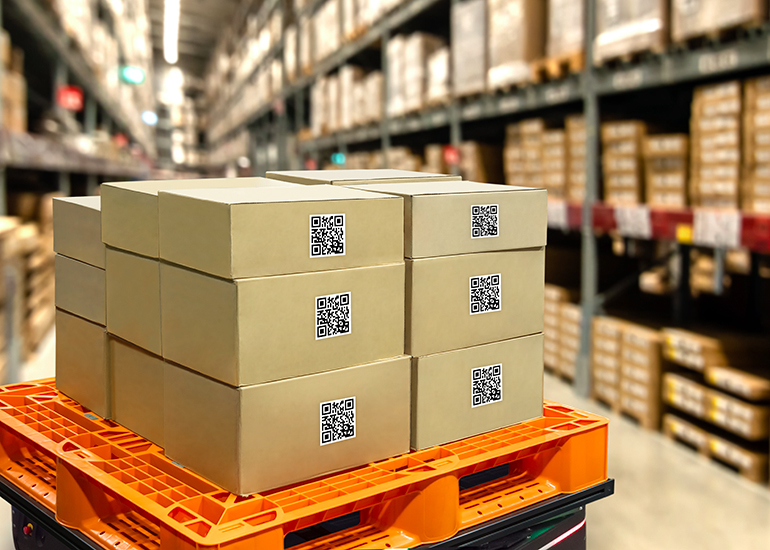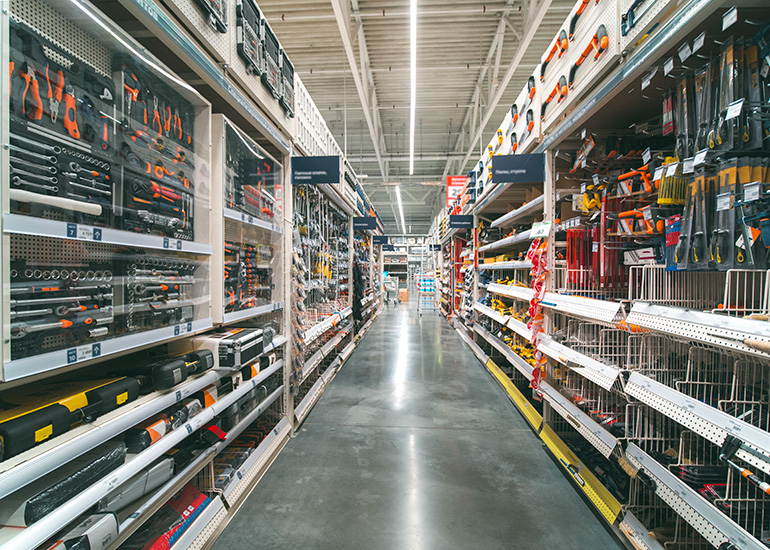The dream of many small business owners is to score an ongoing contract with a large company that practically guarantees big money in the bank each month. However, getting your foot in that door is easier said than done. Small business mentor, Bronwyn Reid, explains why big companies may see your small business as too much of a risk to employ.
Being a small business owner is a bit like being on a perpetual rollercoaster ride.
There’s the adrenaline highs when you get your very first client, and deep, despairing lows – like the day your best customer informed you they were taking their entire contract to the competition. Your bank account is constantly in a state of either feast or famine. There are sleepless nights when you just have to keep working to meet a client deadline. And then there is the never-ending search for new leads and new customers.
Landing a big business contract – easier said than done
Out there is the nirvana – the dream of most small business owners – that day when you finally land a big-name company as a client. Instead of constantly chasing leads and having a wildly fluctuating bank account, your new contract will provide you with a steady and certain income.
You also know just how much it will mean to your business to be able to put the logo of your new customer on your website and marketing materials – especially if it is a well-known brand – proudly proclaiming that you are one of their trusted suppliers.
You can do what you’ve always done, just on a bigger scale.
But most business owners simply don’t know how or where to start. They don’t know what big customers want, and they don’t understand their language. In fact, seven out of ten small business owners tell me that this is their biggest obstacle to growing their business by attracting a big customer.
Some (like I did over 20 years ago) will launch in and give it their best shot, working hard to understand the language and comply with all the big-company requirements. These brave souls may or may not succeed. Unfortunately, the successful ones are in the minority. They may even believe that they have all the requirements completed, but they still can’t land a contract.

Why won’t big businesses buy from me?
There is one underlying theme in all these non-success stories: It’s all about reducing their risk.
Once you do get to supply to a big organisation, you become a part of their supply chain. Any chain has lots of links, and therefore lots of places it could potentially break. These large organisations may have billions of dollars at stake, so they try to ensure that every single company and person in their long supply chain knows exactly what their job is, and that they can do it properly, safely and continuously.
Right there is the one, underlying thing that you need to understand if you’re going to be successful as a supplier to large organisations: They hate risk. That is why supplying to large organisations requires a lot more work and preparation than supplying to most other customers.
Large companies do sophisticated risk analyses and have flocks of lawyers, all deployed to ensure that any risk to the company is minimised. The company will look at all aspects of your business to identify where things could go wrong – your occupational health and safety record, environmental policies, workplace harmony (is your workforce likely to go on strike), finances, and so on.
If you can understand that, and demonstrate convincingly that your small business is not going to be the weak link, you’re already ahead of any competitor.
Therefore, the better you can prepare your company and demonstrate that you are not adding to their risk, the greater the likelihood there is of you getting work.
How can you reassure them that you’re not a risk? That, unfortunately, is a topic for another day. But be assured that while it requires some thought and some work, it’s not impossible.
This post first appeared on https://www.kochiesbusinessbuilders.com.au on November 2, 2022.

